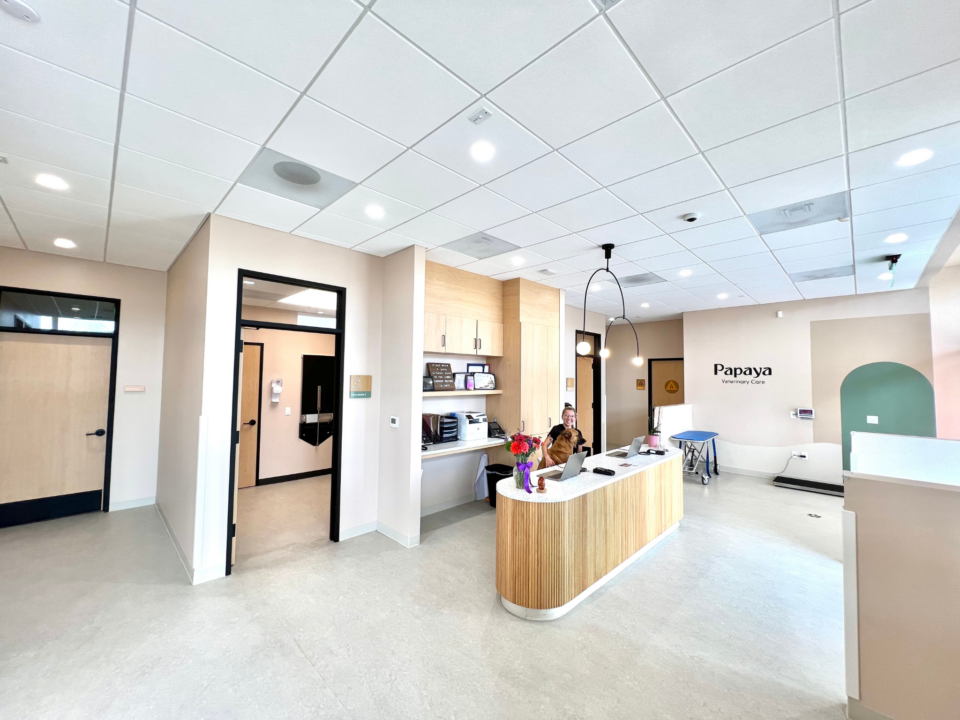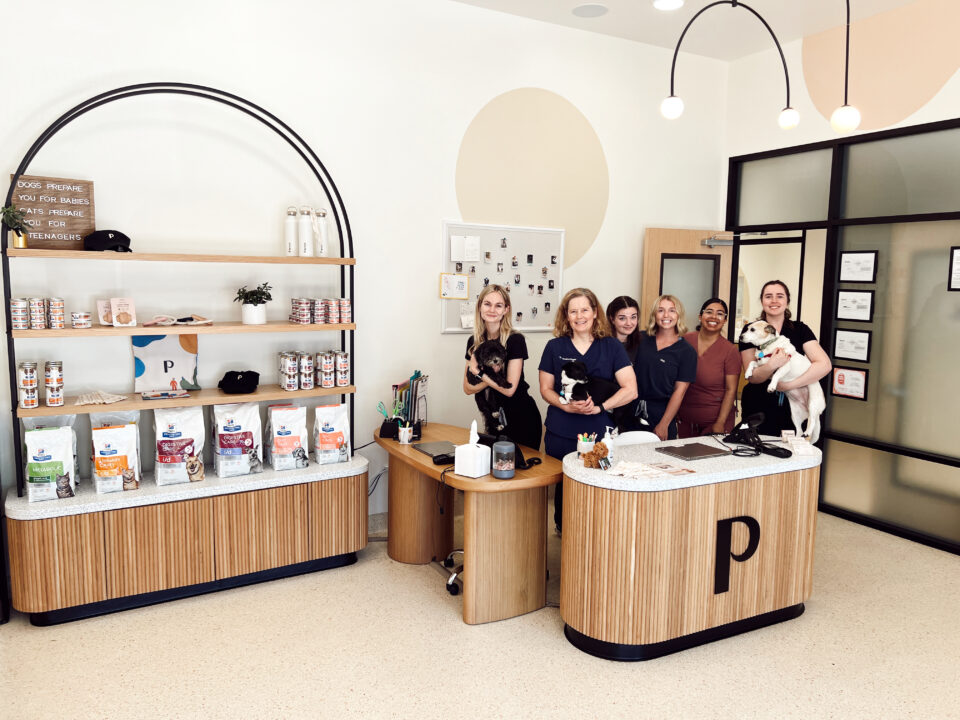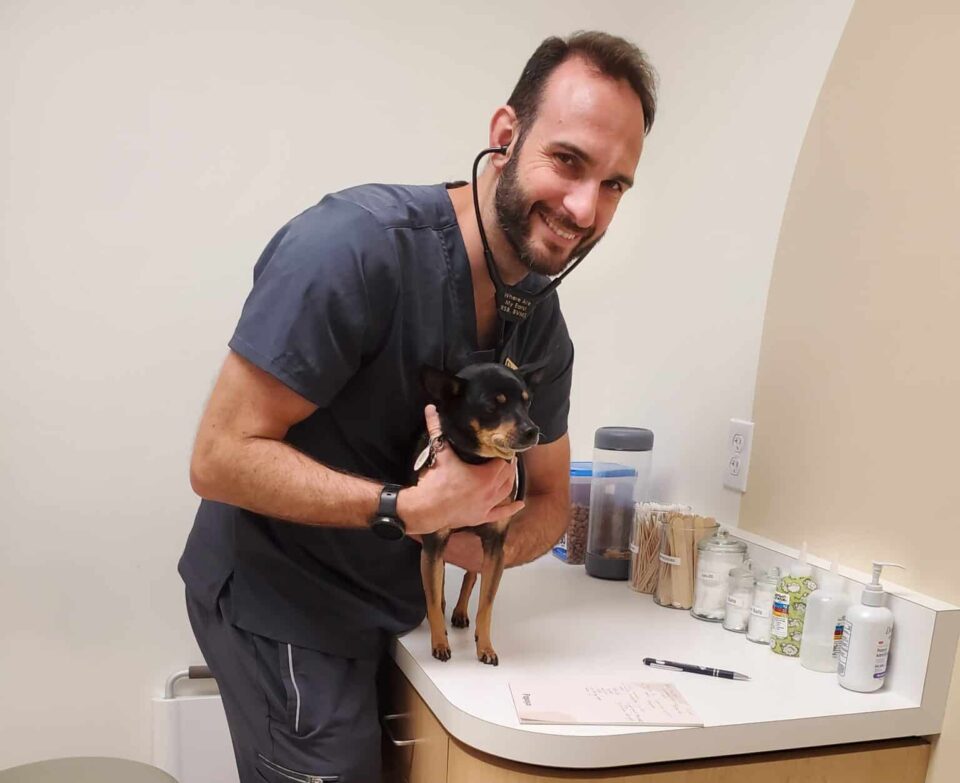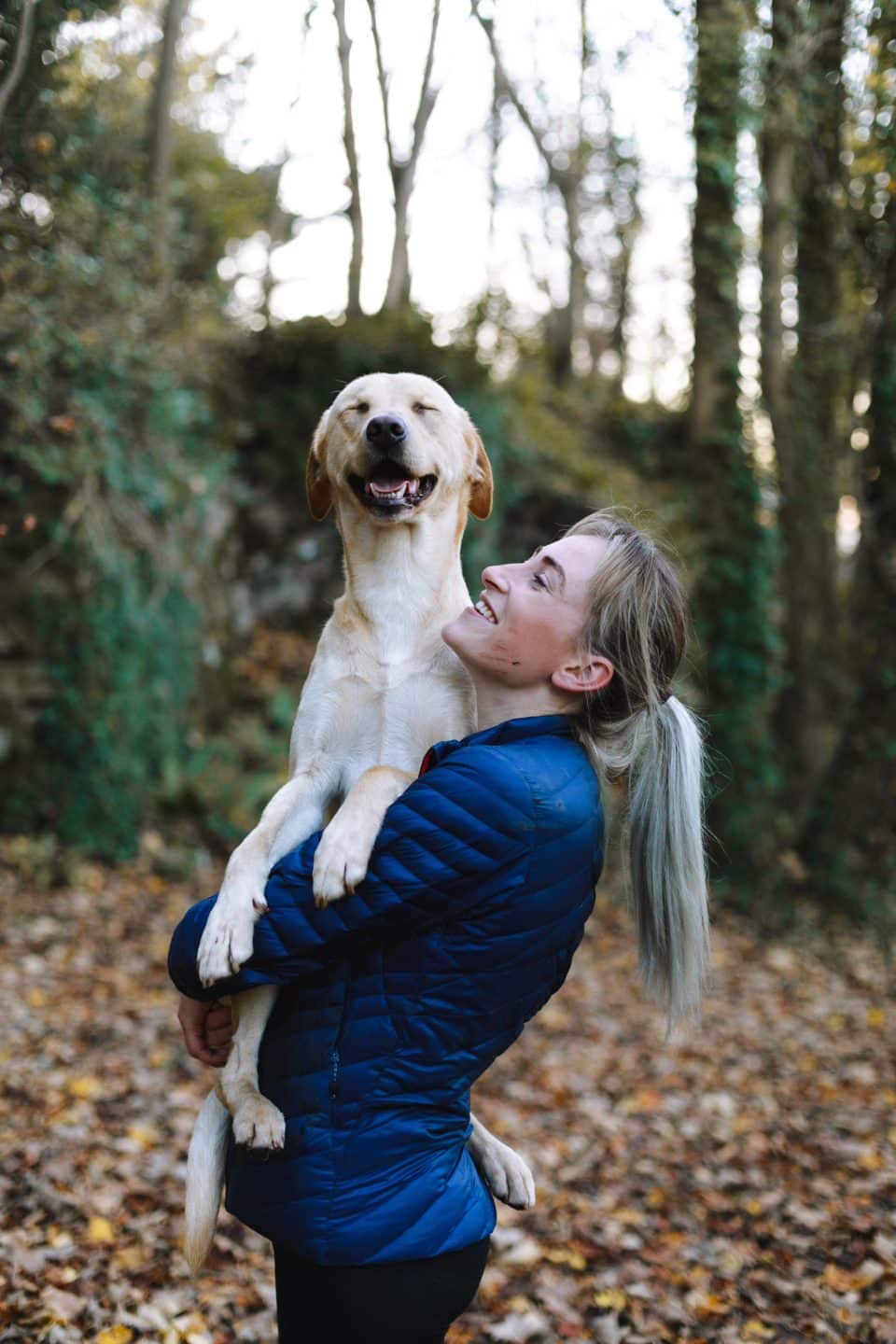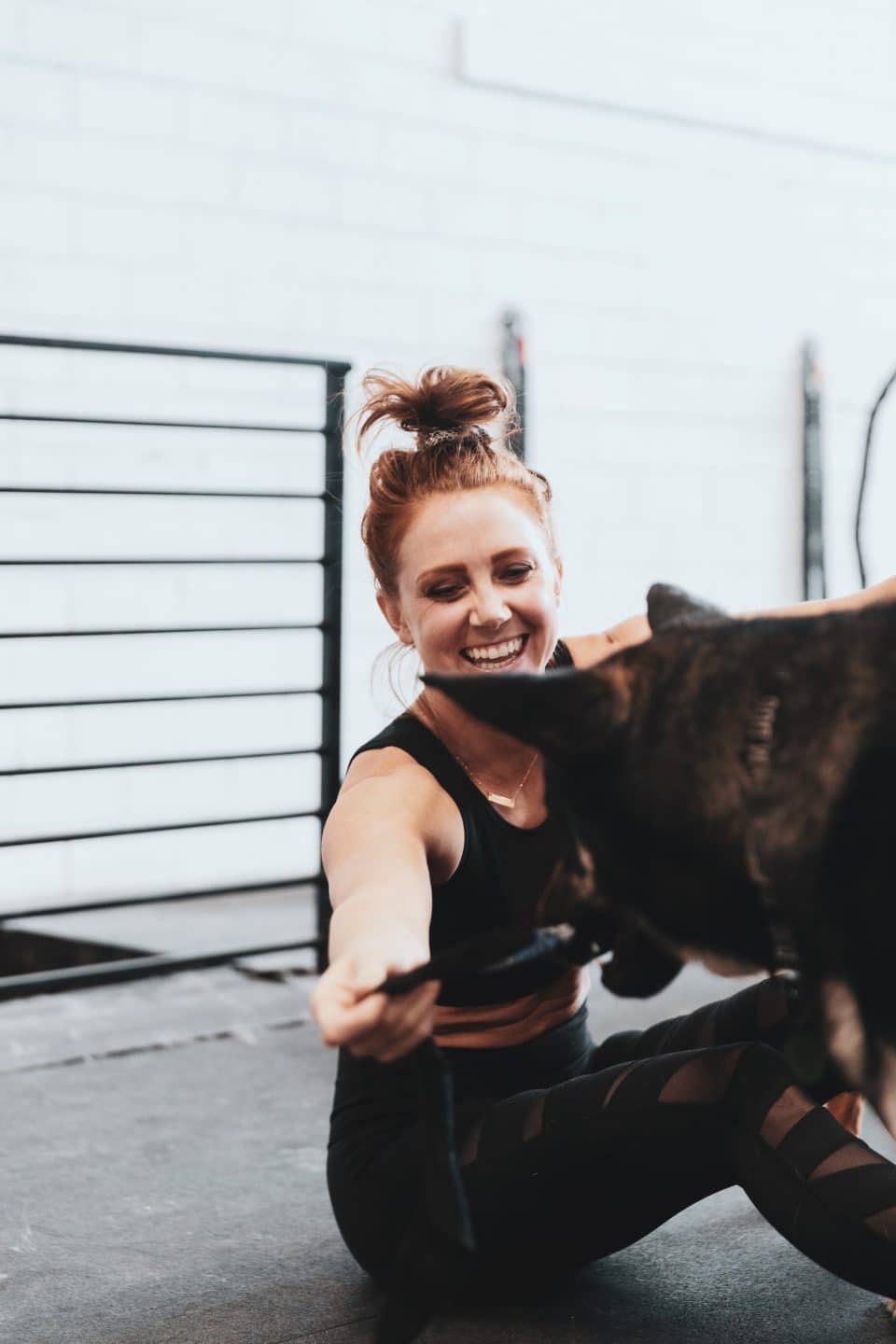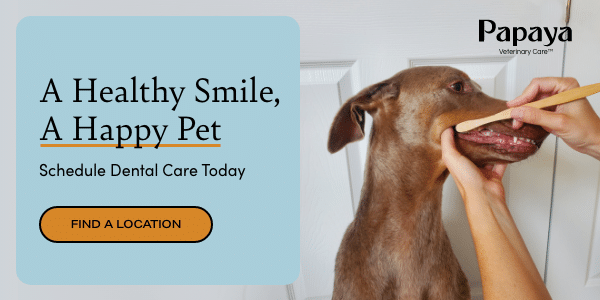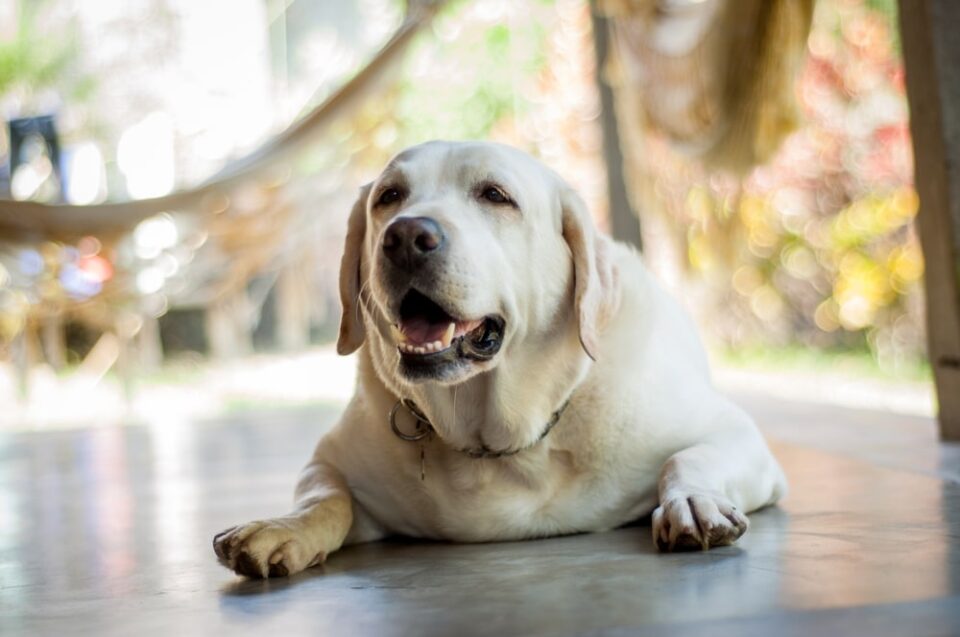Pet Care
4 min read
6 Questions Vets are Asked about Dog or Cat Dental Care
Published on Jul 6, 2023

Brush and floss twice per day. See the dentist once per year. Try not to eat too many sticky, sweet snacks. Taking care of our own oral hygiene is a part of our daily lives, but when was the last time you checked your pet’s oral hygiene?
How common is dental disease in dogs and cats?
Dental care for dogs and cats often gets pushed to the bottom of the priority list and as a result, 80% of pets older than three have some kind of dental disease, gum disease, tooth decay, or poor oral health conditions. Dental care problems in dogs and cats should not be ignored. Common feline concerns include gingivitis, tooth resorption, and stomatitis. Tooth and oral health issues can be very painful for our pets and can affect internal organs, such as the kidney, liver, and heart, if left untreated. The bottom line? It’s worth speaking to your veterinarian about a preventive care plan to prevent and/or treat the progress of your pet’s dental disease.
My pet has bad breath. Should I be concerned?
Stinky breath keeping you from cuddling with your four-legged friend? It might be time for a dental checkup! Your cat or dog’s bad breath (known medically as halitosis) is one of the most common signs of early periodontal disease, with a buildup of bacteria as the culprit. Let your veterinary dentist know about your pet’s less-than-pleasant breath; they’ll give their chompers a look and provide dental procedure recommendations.
What else should I watch out for?
Firstly, if your pet is acting irritable or out of character, it’s a red flag that something is up—take them to the vet to determine any underlying issues. More physical signs of dental disease and tooth decay or an existing dental problem include excessive drooling, dropping food when eating, bleeding from the gums, swelling on the muzzle/face, and reduced appetite. Some pets might be particularly vocal to indicate they’re in pain, howling or meowing excessively to tell you something is wrong.
Should my pet have their teeth professionally cleaned?
Yep! Animals develop plaque and tartar on their teeth, just like humans. Regular professional cleanings under anesthesia can identify any oral health problems and keep your best friend’s teeth and gums in tip-top condition. Additionally, most of the tooth is beneath the gum line, so a veterinarian will use a full-mouth radiograph under anesthesia helps evaluate their condition. Every pet has different dental cleaning needs, but small breeds of dogs typically require a full anesthetic dental appointment or dental exam yearly, whereas bigger dogs may only need them every couple of years. It is important to keep a pet record in order to track your pet’s health as it is crucial to their future well-being.
Does pet insurance cover dental cleanings?
Dental health treatments aren’t cheap and unfortunately, this results in some pet parents delaying or forgoing pet dental care that their dog or cat really needs. Pet dental insurance can soften the financial blow of a dental exam, but every insurance plan is different. For example, some plans will only cover dental accidents (damaged teeth or oral injuries) and not dental illness (dental disease).
Pet insurance companies that cover both accidents and illness include ASPCA, Embrace, Petplan, Pumpkin, Trupanion, and TrustedPals. Keep in mind that routine and regular dental care, including pet teeth cleaning, is frequently excluded unless you have a pet insurance wellness plan.
What are some tips for keeping my pet’s teeth healthy at home?
Preventative pet dental care is the most effective (and affordable!) way to keep your four-legged friend happy and comfortable. Yes, you can brush your pet’s teeth! If you’re wondering, how to clean dogs teeth at home, note that it it might take a little bit of practice, but teeth brushing daily can vastly slow the progression of dental disease. Just make sure you’re using a pet toothbrush that’s shaped for feline or canine teeth and avoid human toothpaste, as it contains products that are harmful to animals. Pet-safe toothpaste is available at pet stores with scrumptious flavors like chicken or tuna.
There are a multitude of products on the market that say they’ll keep your pet’s teeth healthy, but not all of these claims are based on veterinary dentistry research. The Veterinary Oral Health Council provides a list of products, including foods, water additives, dental chews, and treats, that are safe and have proven benefits.
Oral health and other pet wellness exams are an integral part of your cat or dog’s overall wellness. Regular vet visits include a dental procedure or preventive care to flag early signs of periodontal disease before it becomes a more serious dental problem for your pet and you.
If you’re curious about more information regarding proper pet care, our resource center can help you get the appropriate help. Whether you’re wondering about tips regarding travel with a cat in a car, how to treat dog allergies, what plants are toxic to dogs and cats, or more, Papaya is here for you.

